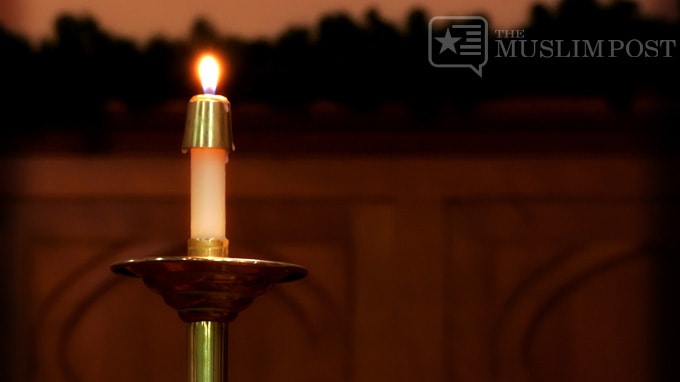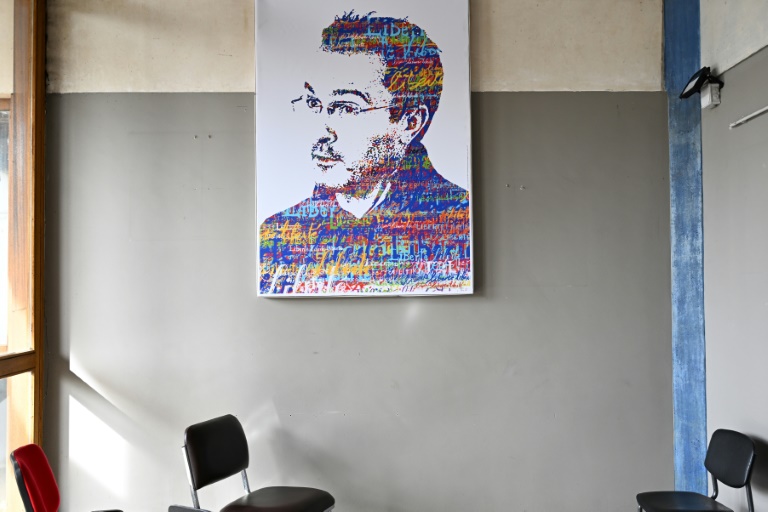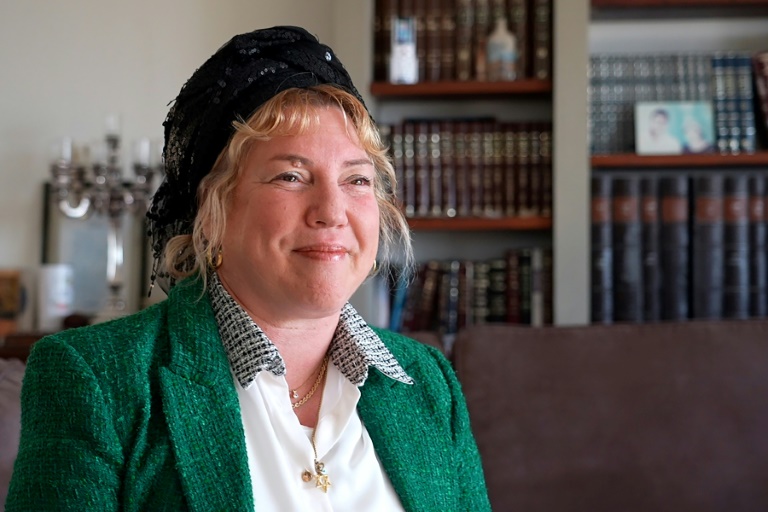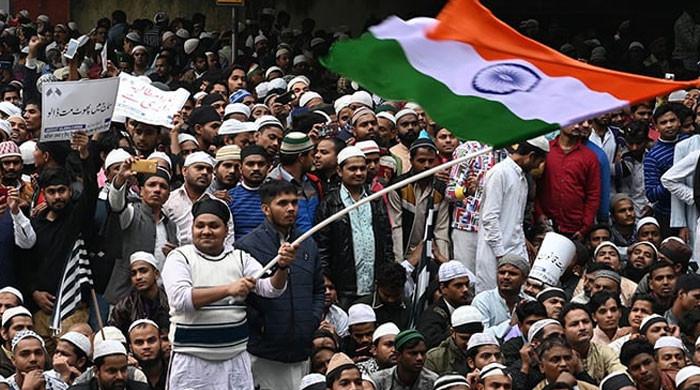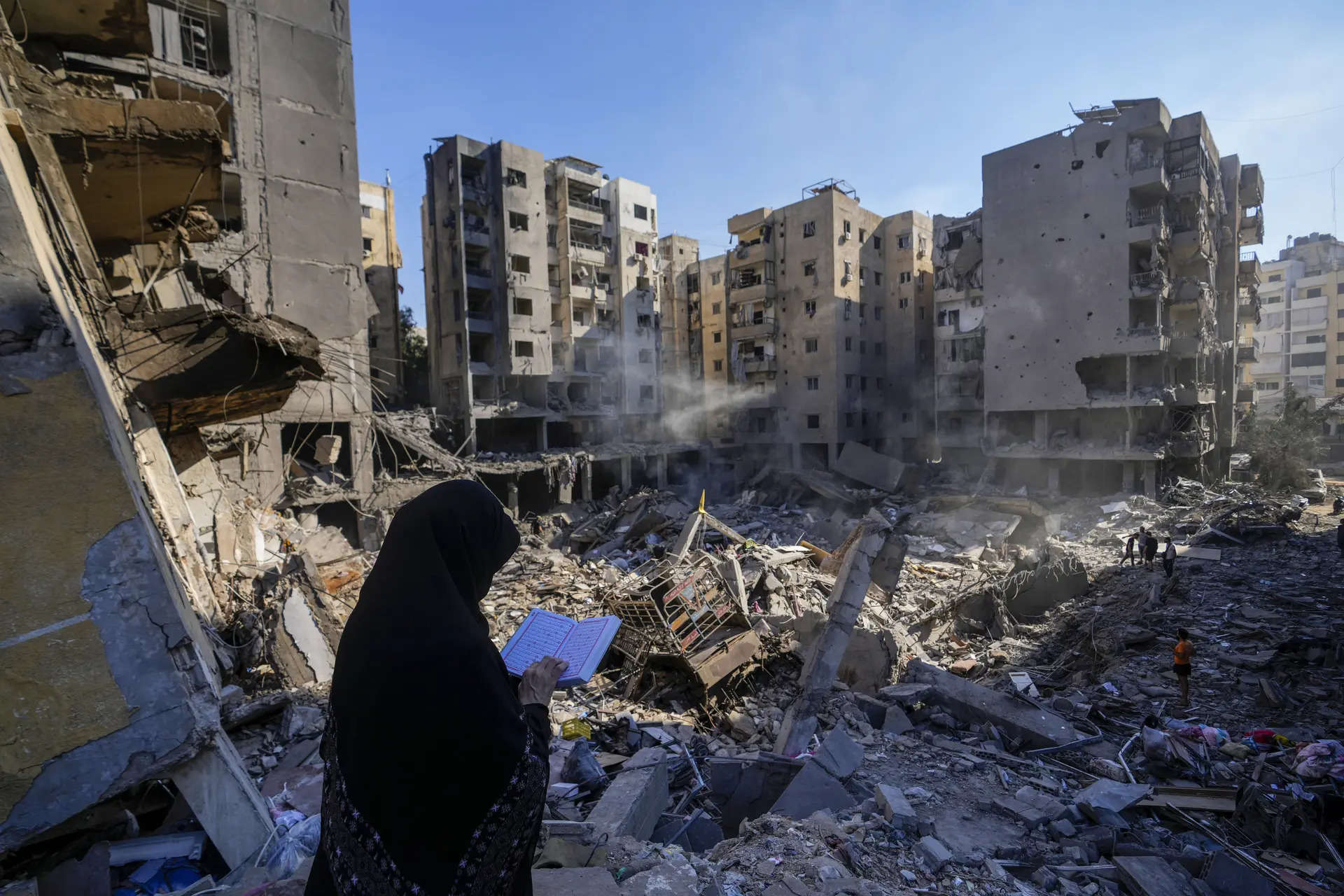“I think Islam hates us,” Republican presidential front-runner Donald Trump confidently asserted.
I have many images in my head that say it’s true. Here are two: Muslims praising Allah as they pilot airplanes into the Twin Towers and, secondly, Muslims shouting “death to America” as they burn our flags in the streets of the Middle East.
I had no knowledge of Islam or personal experience of Muslims to challenge these images. I knew next to nothing about Islam. I not only had no friends who are Muslims, I didn’t even count any among my acquaintances.
You may be interested
I have been uneasy about this for many years. About 10 years ago, I bought a book titled “Islam for Dummies.” I put it in a stack of books on my floor titled in my head “read soon.” Soon happened two months ago.
I learned in the book that “jihad” — typically translated as “holy war” in the West — basically means “striving” or “struggle.” The greatest jihad in the Quran is that of the heart against the “nafs,” one’s lower nature. Also there is the jihad of the hand causing one to engage in action to achieve justice. Last comes jihad of the sword — the military struggle on behalf of God.
Clearly some Muslims go to this last understanding of jihad. Before we judge all Muslims, however, we Christians need to look at our own Bible and own history. The Bible reports many incidences of God’s people waging war on behalf of God. In our own Christian history, we have the Crusades.
We really don’t have to go back that far. When we invaded Iraq, I heard some Christians assert that it was “God’s will” that we do this. Certainly not all Christians, but more than a few. In this war, tens of thousands of Muslims were killed. For these Christians, was it their version of a “holy war”?
Still one month ago, I had more knowledge of Islam, but no Muslim friends. After a presentation by a guest Muslim to our La Crosse Interfaith Justice and Peace Network, I became a part of a group to support our Muslim neighbors from the fallout locally over Trump’s policy to keep Muslims out of our country.
I now know six Muslims who I’m proud to say are my friends. I know some may think it is too soon to assert this, but I am confident that it’s not. I find them caring, thoughtful, peaceful and compassionate U.S. citizens who deeply care about what effect Islamophobia will have on their children and how they will be treated.
Our group received a letter from the “Greater La Crosse Muslim Community” addressed to their “Dear Christian Brothers and Sisters.” In it, they thank us for our continued love and friendship. They state that their “greatest fear is the effect that the (anti-Muslim) rhetoric may have on our relationship with our community, our beloved neighbors and our efforts to make this a better place to live for all … Being part of this community has been an honor for all of us, and we are blessed to call it our home.”
In the letter they also “remind themselves” of Muhammad’s “eternal and universal promise in 628 A.D. to a delegation from St. Catherine’s monastery” that “as a covenant to those who adopt Christianity, near and far, we are with them” and “will defend them.”
Except for Native Americans, we are all immigrants or descendants of immigrants. Most of us have experiences of discrimination in our family narrative. In mine, there is the story of a cross being burned in the front yard of my Catholic grandfather who came from Italy. If you have such a story, I invite you to reflect deeply about it. From it, you may find empathy and compassion for our Muslim neighbors.
If you want to know more about the source of anti-Muslim rhetoric, we invite you to attend a presentation by Corey Saylor, titled “The Rise of Islamophobia in the U.S.,” from 5:30 to 7 p.m. Monday, April 4, in Room 1309 of Centennial Hall on the University of Wisconsin-La Crosse campus. He will give a presentation for about 50 minutes, using the remaining time for questions and answers.
What do we want the current image, or symbol, of the United States to be? Is it the Statue of Liberty or Trump Tower? Is it open hands or closed walls? Is it generosity or greed? Is it humility or arrogance? We have to decide.

